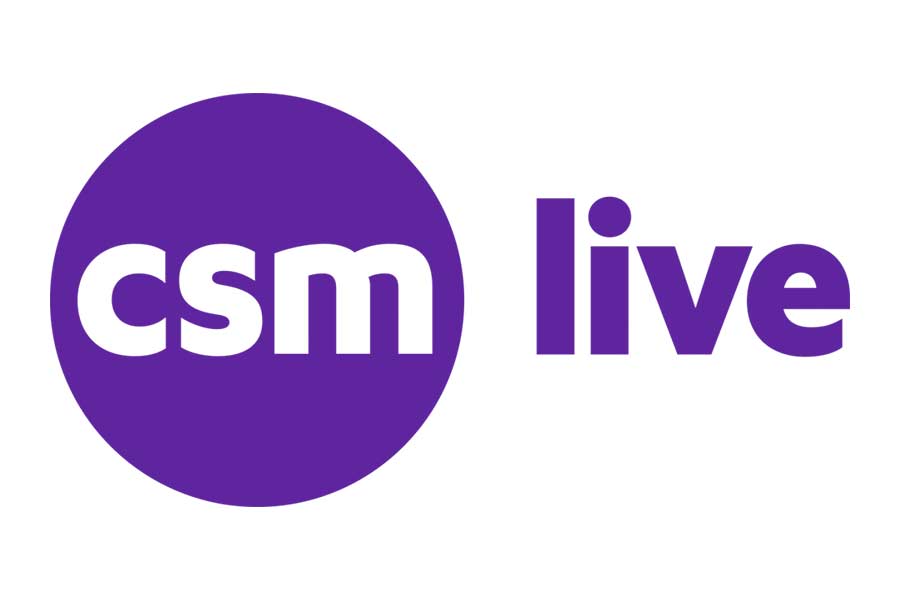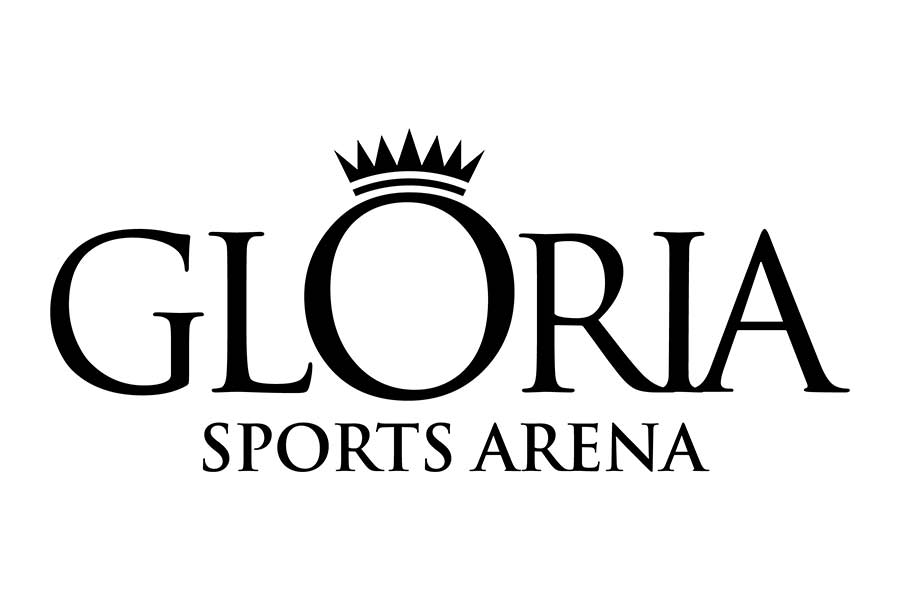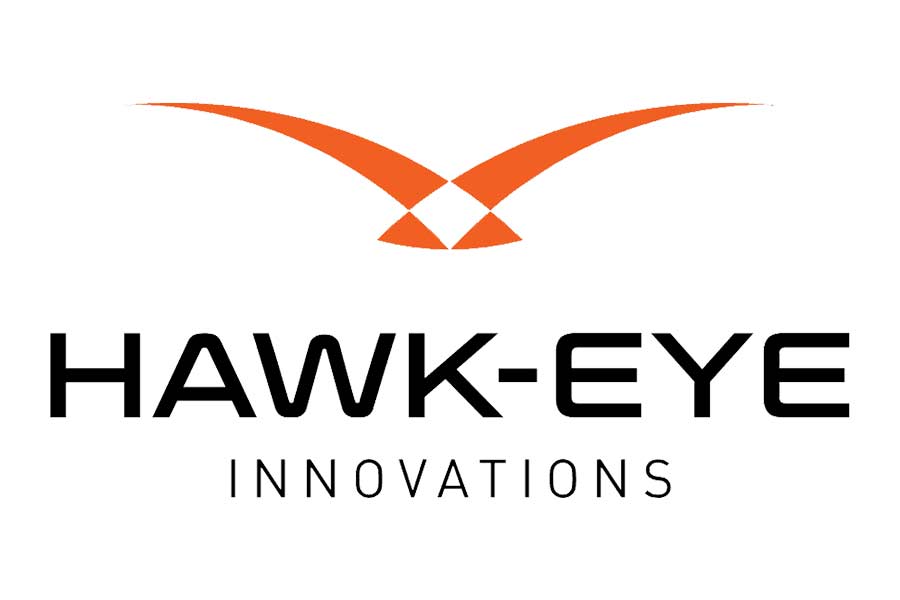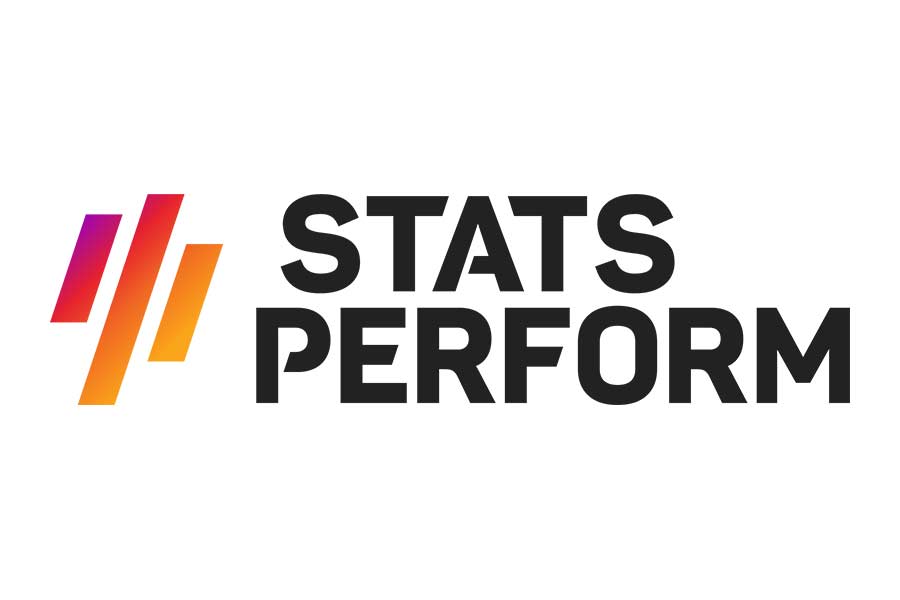The panel on Women in Sport brought together three accomplished women – Sabrina Ibáñez, Stephanie Hilborne, and Megan Smith – who shared their insights and experiences on the challenges and opportunities for women in sports.
The panelists discussed how to make change not just through participation but through change in attitudes and perceptions.
Sabrina Ibáñez is FEI Secretary General and also President of the Association of Paralympic Sport Organisations (APSO), Member of the International Paralympic Committee (IPC) Governance Review Group and Chair of the ASOIF Diversity and Gender Equality Consultative Group. She was a member of the IOC Gender Equality Working Group from 2018 to 2022.
She shared how she didn’t notice much difference in gender neutrality until she became the FEI Secretary General in 2015 and was one of the few women at the decision-making level in the Olympic Movement.
She stressed the importance of more women taking up governance roles and seeing other women in leadership positions to inspire them. Ibáñez also highlighted that companies with women on their board are more profitable, and women are more open to change and do better financially.
Stephanie Hilborne, CEO of Women in Sport, discussed how the gender gap in team sports, particularly at the younger age groups, is the biggest gap and often gets less coverage than sports like netball.
She stressed the importance of identifying the differences between genders and investing in the actual difference to make sports more inclusive for everyone. Hilborne shared research on the dream deficit survey, which showed a 30% gap between men and women in dreaming of being in a higher position in sports.
This indicates that girls need to be encouraged to dream big and have the same opportunities as boys.
Megan Smith, EVERFI Sales Manager (Enterprise Partnerships), emphasised the importance of role models and building allies with women to create a more inclusive sporting culture.
She highlighted how young people are standing up for their beliefs, and brands that do not believe in their product will lose customers. Smith stressed the importance of educating children at a young age on safeguarding athletes mentally and physically and sharing best practices internationally.
The panelists also discussed the stereotypes and challenges women face in sports, such as girls being described as cute and guys as strong, and how these perceptions start at a young age. Parents often believe that girls should not play sports, and dads worry that their daughters will break under pressure, while their sons will not.
The panelists stressed the importance of breaking these stereotypes and expectations to encourage more girls to participate in sports.
The panel concluded that while success is important in making change visible, it should not be the only driving force. The lionesses’ success has made an impact visible, but it is a continuation, and winning a trophy should be an add-on to the increase in awareness of the challenges women face in sports.
In summary, the panel on Women in Sport brought together three remarkable women who provided valuable insights into the challenges and opportunities for women in sports.
They highlighted the importance of breaking stereotypes, encouraging girls to dream big, investing in the actual difference between genders, and educating children on safeguarding athletes mentally and physically.
The panelists’ recommendations provide a roadmap for creating a more inclusive sporting culture that benefits everyone.










